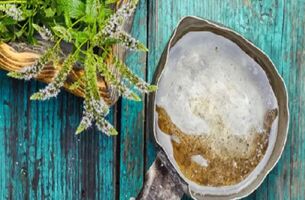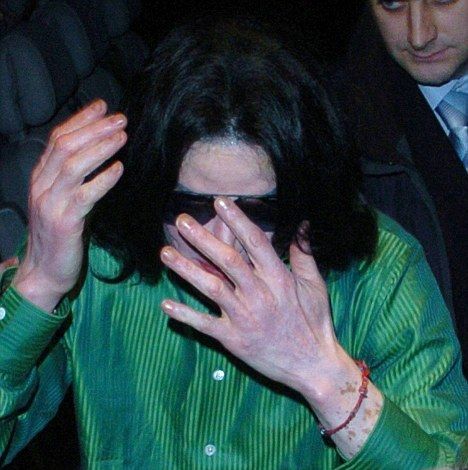你是不是认为精油对皮肤完全无害?
|
Essential oils may be natural, but that doesn't mean they're always healthy or good for you. They're extremely concentrated versions of chemicals that plants make for various reasons: some to attract pollinators, some to repel or harm their natural enemies. These oils' utility to humans is mainly that they smell good, which you've probably already figured out: essential oils don't cure cancer and there's no solid evidence they do much of anything else for health.
But people who love (or sell) essential oils will often say there's an oil for everything, and they can be used in a variety of ways. Meanwhile, the Atlanta Institute for Aromatherapy has been collecting examples of people who were harmed by essential oils, in an effort to convince aromatherapy professionals that these things are not harmless. Reading through their injury report, people have said they got skin irritation, burns, and worse from using oils in a variety of harmless-sounding ways. One woman got blisters on her back after putting a few drops of sweet orange oil in their bath water. Another diluted some frankincense, marjoram, and lemongrass oils and applied the mixture behind the ears, where it seemed to cause welts and burning. Some oils, especially citrus ones, can cause burns and blisters by sensitizing skin to the sun. Others can irritate skin directly. The advice to dilute oils, either in water or in a "carrier" oil such as coconut oil, doesn't always help, as the injury reports show. Saddest of all are the stories of people who applied oils to their skin, or their children's skin, as a treatment for a skin condition, only to find the oils made the condition worse. (There's a photo here, for those of you who are curious about that sort of thing.) Bottom line, some oils may be safe for skin, when appropriately diluted, but don't trust a friend or an oil salesperson to give you the right parameters for that. (Some of the injuries in the report resulted from using a product exactly as directed.) |









